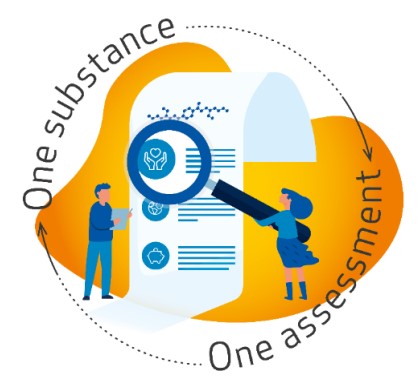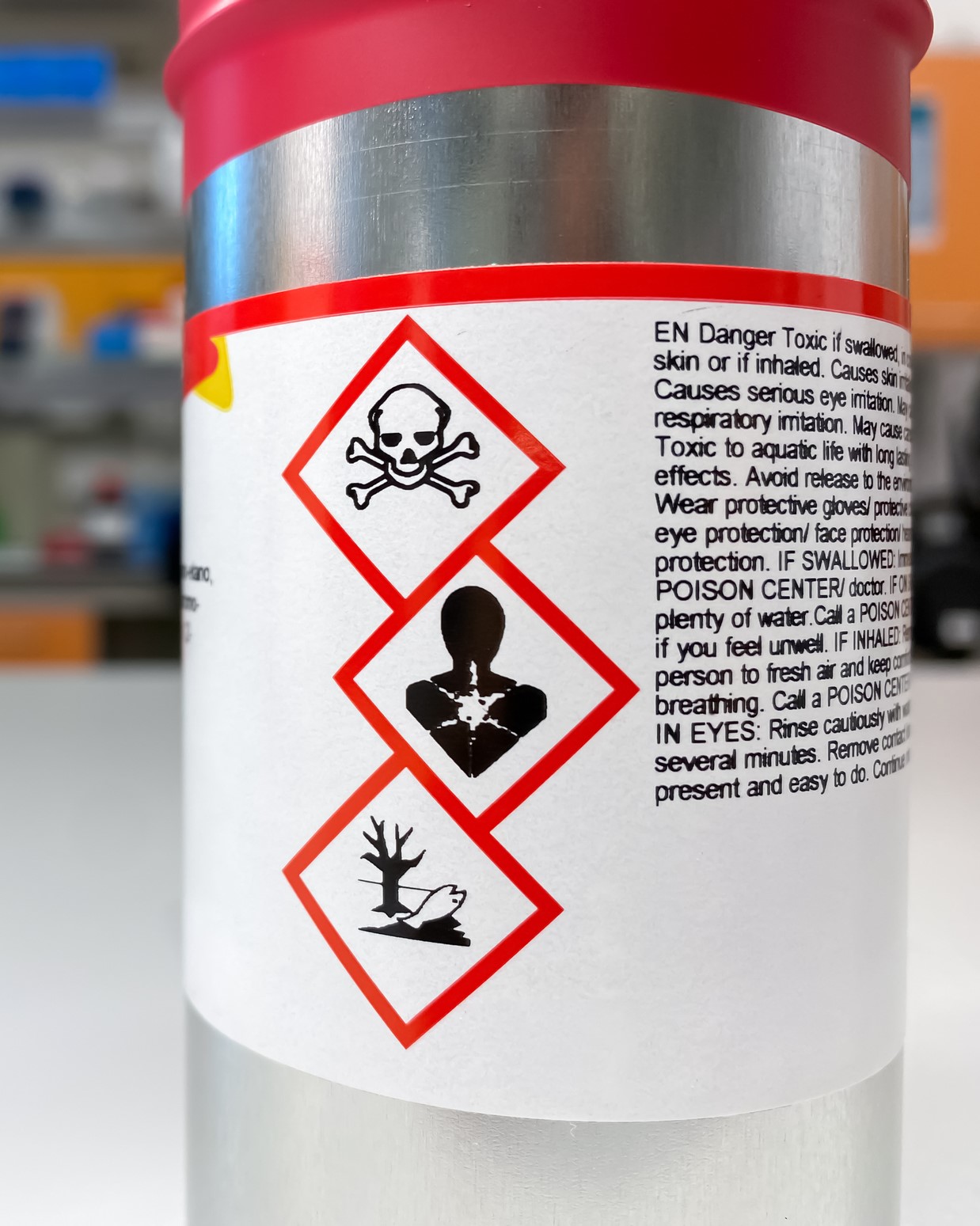


EFCC Sets Out Its Latest Position on the REACH Revision
Today, EFCC submitted its position on the revision of the REACH Regulation to the European Commission. EFCC members were disappointed to learn, when the Commission presented the latest version of the planned revision measures in early April, that only minor changes were made compared to earlier drafts - despite the fact that these proposals would impose a significant burden on industry.
EFCC's position on the revision of the REACH Regulation
The European Federation for Construction Chemicals has published its responses to questions raised by the European Commission during the 53rd CARACAL meeting. This paper outlines EFCC's positions on key aspects of the REACH revision, including reducing administrative burdens, ensuring science-based and risk-based regulatory approaches, and improving enforcement and competitiveness. EFCC emphasizes the importance of preserving REACH’s high safety standards while ensuring the system remains efficient, predictable, and supportive of innovation and industry needs over the next two decades.
Substitution Planning - European Commission workshop
On 1 October 2024 EFCC participated at the European Commission’s second workshop on substitution planning in the context of REACH and other European chemicals legislation. We are pleased that EFCC could once again contribute to the exchange and look forward to future exchanges with policymakers on driving innovation and sustainable solutions in substitution planning, while safeguarding the competitiveness of the industry.
EFCC’s Manifesto for the EU legislative term 2024-2029 - Constructing a Sustainable and Competitive Future for Europe’s Construction Sector
As newly elected and appointed European policymakers take office, we, the European Federation of Construction Chemicals (EFCC), present the key priorities that we think could support a successful transition to a thriving, competitive, and sustainable construction sector.
Position on the proposal for a Regulation on a common data platform on chemicals
EFCC together with DUCC members expressed its support for the main objective of the OSOA approach presented under the Chemicals Strategy for Sustainability (CSS) to improve the efficiency, effectiveness, coherence, and transparency of issuing safety assessments of chemicals across different pieces of EU legislation. EFCC also welcomes the legislative proposal regarding the establishment of a Common Data Platform on Chemicals (CDPC) and takes the opportunity to express its concerns regarding the scope and definitions, study notifications, as well as confidentiality and data management in response to the EC public consultation.
Reiteration of the major negative impact on industry of the current CLP proposal regards minimum requirements for labelling
As a follow-up of the industry cross sector group letter of 5 September 2023, today industry released a new joint letter to reiterate the major negative impact on industry of the current CLP proposal as regards minimum requirements for labelling. In the new letter industry invites legislators to keep an open mind going in the trilogue discussions regarding minimum font size requirements.
EFCC joins cross-sector call for a rethink regarding CLP revision
EFCC together with several industry federations calls for urgent dialogue and a rethink regarding CLP Revision. We focus on three key aspects that will have a major negative impact on industry and the environment: - he new 6-month timeline for label updates instead of the 18 months transition period provided in Adaptation to Technical Progress (ATP) to CLP for harmonised classifications to become mandatory - the tabled amendment within the European Parliament to prohibit environmental claims on mixtures classified as hazardous or carrying supplemental labelling - the proposed requirement of a minimum font size - we suggest to follow ECHA’s guidance of 1.2mm x-height as the minimum font size
EFCC with other DUCC members released the last statement before the Council vote on the revision of the CLP
Tomorrow the European Council votes on the compromise proposal on the revised EU legislation on hazard classification, labelling and packaging of chemicals (CLP). EFCC with other downstream user associations reiterated their concerns related to the revised proposal. We request more flexibility on the labelling requirements and reasonable transition periods for the application of the new criteria. You can read more details below.